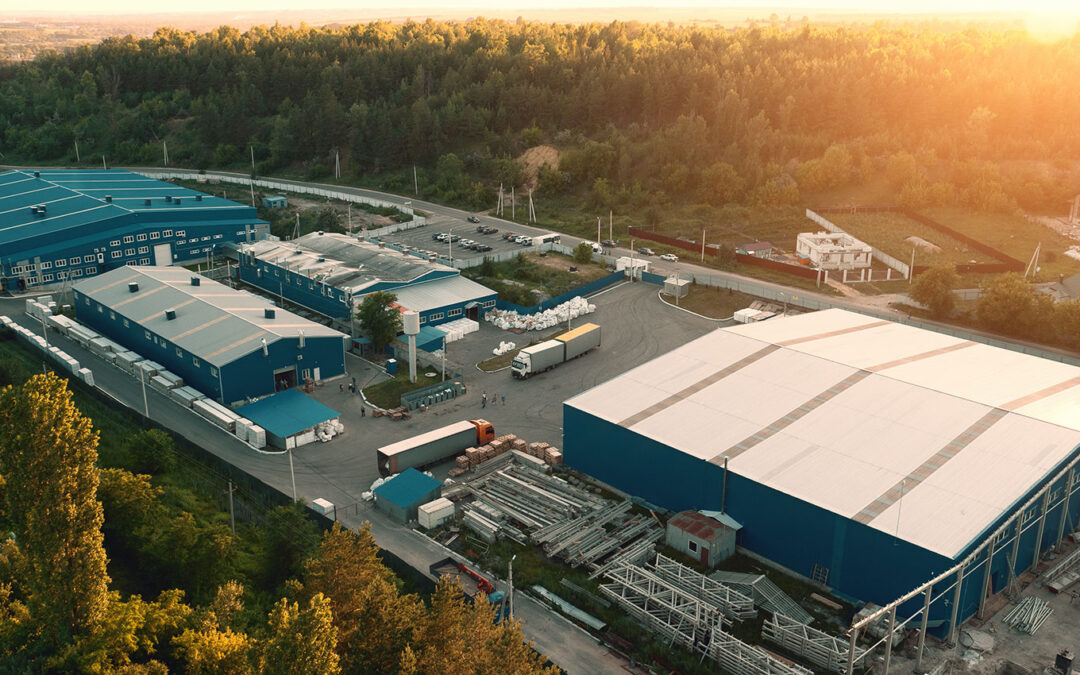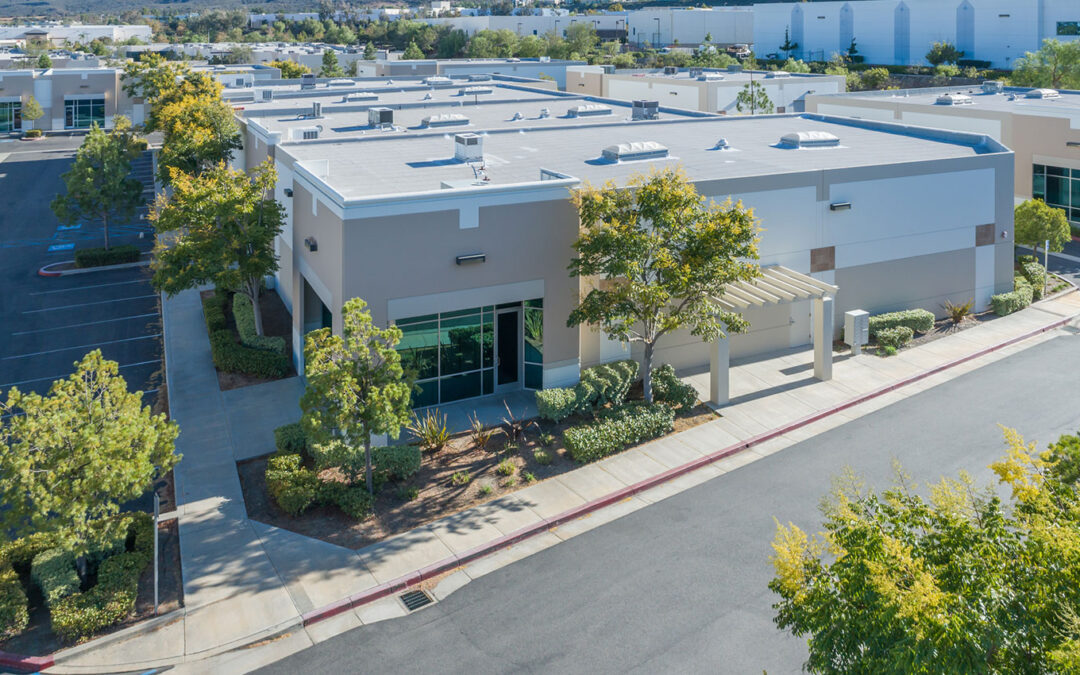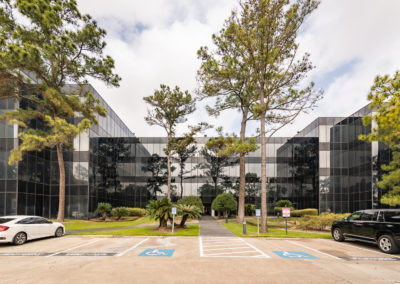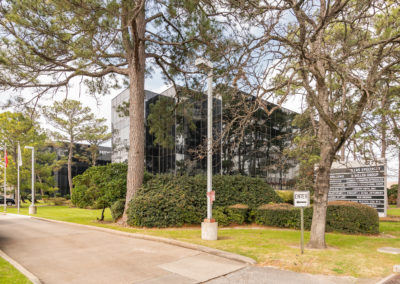The practice of increasing the value and return on investment of real estate assets is known as real estate asset management. But, exactly, how does one go about doing that?
Commercial Real Estate Management:
Many commercial property investors seek to create a constant source of income. Rental payments from commercial tenants are usually the cash flow. The asset manager assists the investor in increasing his or her property’s cash flow by finding places to cut expenses or develop more lucrative rental agreements.
- High Consistent Revenue Sources: It’s always a pleasure to discover a property with a high chance of appreciating in value. Consistent revenue, on the other hand, is just as important—if not more so—than a big one-time profit.
- Cutting Costs: When it comes to operational expenses, upkeep, closing costs, and taxes, a home may be rather expensive to maintain. Fortunately, there are a variety of strategies for lowering the cost of investment properties. Pick best-value contractors if you’re doing fix-and-flip or secure loans with low interest rates.
- Risk Management: There is always a degree of danger in all forms of investment. However, certain real estate assets are riskier than others. Real estate asset management involves minimizing risk. This is done by establishing safeguards in case an investment goes sour.
- Strategy: Ideally, the more you invest, the more money you’ll make. Real estate asset management is all about expanding and diversifying your real estate investment portfolio strategically.
Real Estate Investment Management
A portfolio manager’s primary responsibility is to select which investments to invest in. They use their expertise to pick the finest commercial real estate and market areas where they can participate. Real estate asset management requires an important set of skills for any professional real estate investor. Investors frequently hire asset managers to manage their portfolio of properties and devise methods to improve long-term value and profitability. An investor may also need to secure financing to purchase or improve a property. The asset manager helps the investor find a suitable lender or loan.
Real Estate Transactions: With commercial property transactions the asset manager may assist the investor with all the nuances that come with the purchase or sale of a property. The owner’s real estate asset manager may produce property agreements and leases. It is the duty of the asset manager to produce leases that are attractive to renters while also being profitable for the property owner.
Duties of a Commercial Real Estate Asset Manager:
- Property Values: Any property value may be enhanced! An asset manager will examine methods to improve a commercial property in order to enhance its value and returns. This is an essential job for real estate asset managers working for fix-and-flip investors.
- Market Research: A real estate asset manager must have extensive experience with market research. The asset manager studies market trends to assist the investor in making wise investment decisions. He or she will advise the investor on where to invest in excellent real estate markets.
- Financial Projections: The asset manager will examine the data on all of the property owner’s real estate investments. This is done to estimate how much money the investor will make from them or potential properties for sale.
- Develop a Budget: The real estate asset manager will develop a budget for expenses and future investments.
- Develop/Revise a Financial Strategy: The real estate asset manager will develop a plan to meet them.
- Marketing: The asset manager may have to promote the property for sale or lease. The asset manager would create advertisements or locate a suitable brokerage or property management firm.
Belvoir Real Estate Group is well equipped to meet all your commercial real estate asset management needs. Contact Belvoir today and hit the ground running on your next commercial real estate project.



























